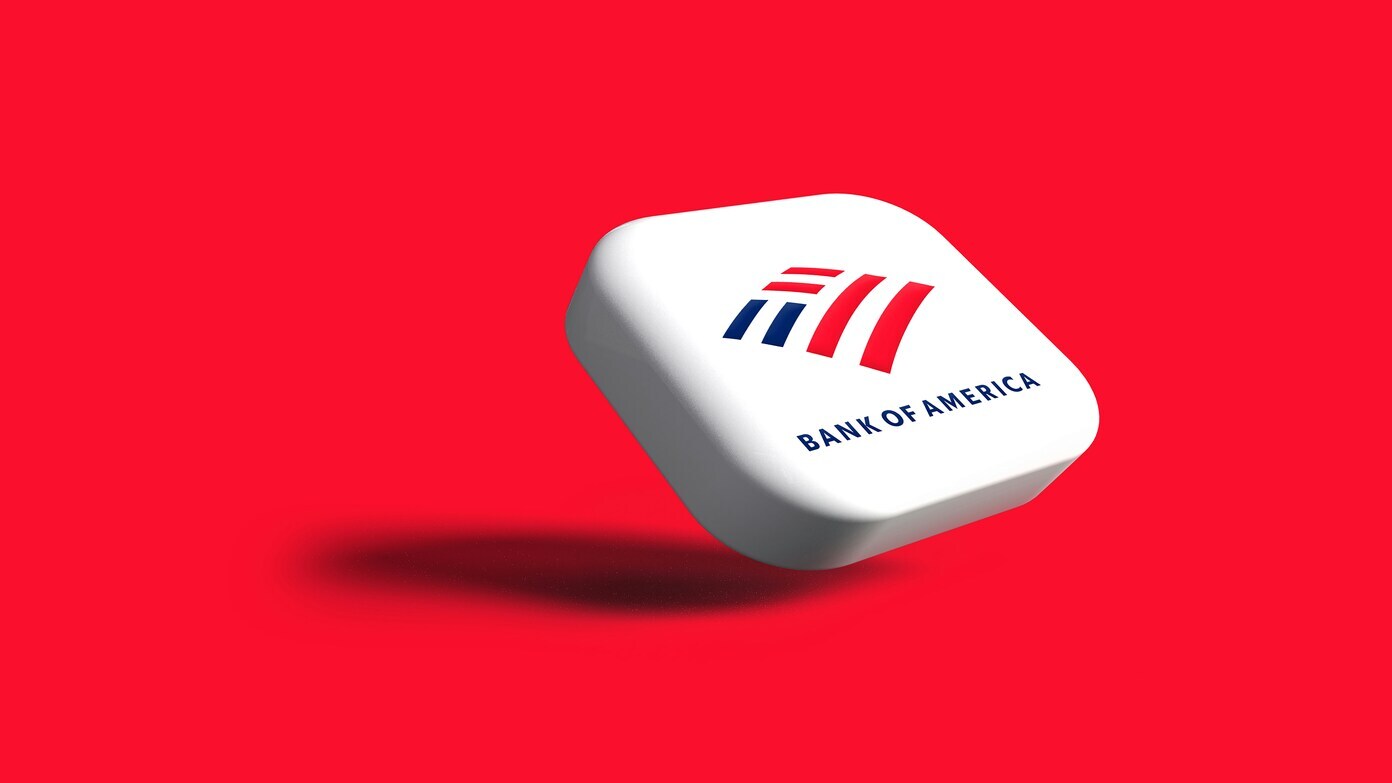A raise with branch closures
Bank of America (BofA) has made news this fall for two rather different reasons. On the positive side, the nation’s second-largest bank just boosted its beginning hourly wage to $25, effective in October. compared to over $50,000 a year for full-time employees—a sizable boost from 2018, when the beginning wage was $15.
However, as wages rise, branch availability is rapidly diminishing. The bank has already shut 56 branches in 2025, following 168 closures in 2024—the largest of any U.S. bank. To many customers, that translates to fewer places to visit for deposits, withdrawals, or even just a quick question about their account.
Why are banks closing so fast?
Bank of America’s wave of closures is not unique. Industry heavyweights like Wells Fargo, Chase, and PNC are shutting down their brick-and-mortar branches as well. American banks closed 74 branches between late July and late August this year alone.
So, what is driving the trend? From the experts’ point of view, it’s the growing popularity of online and mobile banking. Bankrate reports that about 77% of Americans now prefer to conduct their finances online—whether it’s checking balances, paying bills, or moving money between accounts.
“Branch closures are the result of Americans taking more online banking as opposed to in-branch transactions,” economist Michael Szanto said. “In a more paperless, digital economy, the necessity for branches is much lower.”
But not everyone’s happy about it
Though the majority of customers are content to bank on their mobile phones, surveys say branch closures are still a concern. A survey forwarded to the Daily Mail revealed that more than half of Americans are worried about the declining branch network. For rural communities and elderly customers less comfortable with apps, the loss of a local branch can be a severe blow.
Even in urban areas, branches are likely to be hubs for the neighbourhoods around them—places where customers can sit and speak face-to-face with staff about loans, mortgages, or investing. Without them, critics argue, customer service becomes increasingly impersonal.
The “end date” for branch banking?
If the pattern of branch closures persists, experts state that eventually, the physical bank branch will be a thing of the past. Self Financial analysts crunched some numbers and concluded that U.S. banks closed about 1,646 net annually since 2018. That’s a timeline in which the last bank branch would close within the next 15 to 20 years.
“U.S. retail bank closures aren’t slowing down,” said Root Digital’s Darren Kingman. “The last time that many people used to have a local branch was 1995.”
That is a sensational-sounding prediction, but the numbers work. With over 1,000 branches closed across the country already in 2024 alone, the slide isn’t slowing down yet.
Read this later:
Trader Joe’s wrap recalled over listeria risk
Looking for the ultimate trick-or-treat accessory? Burger King has the answer
Radioactive shrimp: recall just got bigger
Not just meatballs: Ikea added another round foodstuff to their iconic menu
Salad chain leaves major Texas markets as it closes 41 stores
Nordstrom to open new stores nationwide: see if your state gets one
Balancing tech and human touch
Bank of America insists that its increase in compensation proves its investment in building long-term careers for its employees. Bank chief people officer Sheri Bronstein said the increase will attract and retain individuals. But while the bank is streamlining its physical footprint, the question is: will the customers be left behind?
The reality is that banks are actually trying to tread a tightrope at the moment. They need to invest in digital technology that accelerates and streamlines banking, but they cannot afford to completely displace customers who still like the old-fashioned face-to-face way of doing things.

